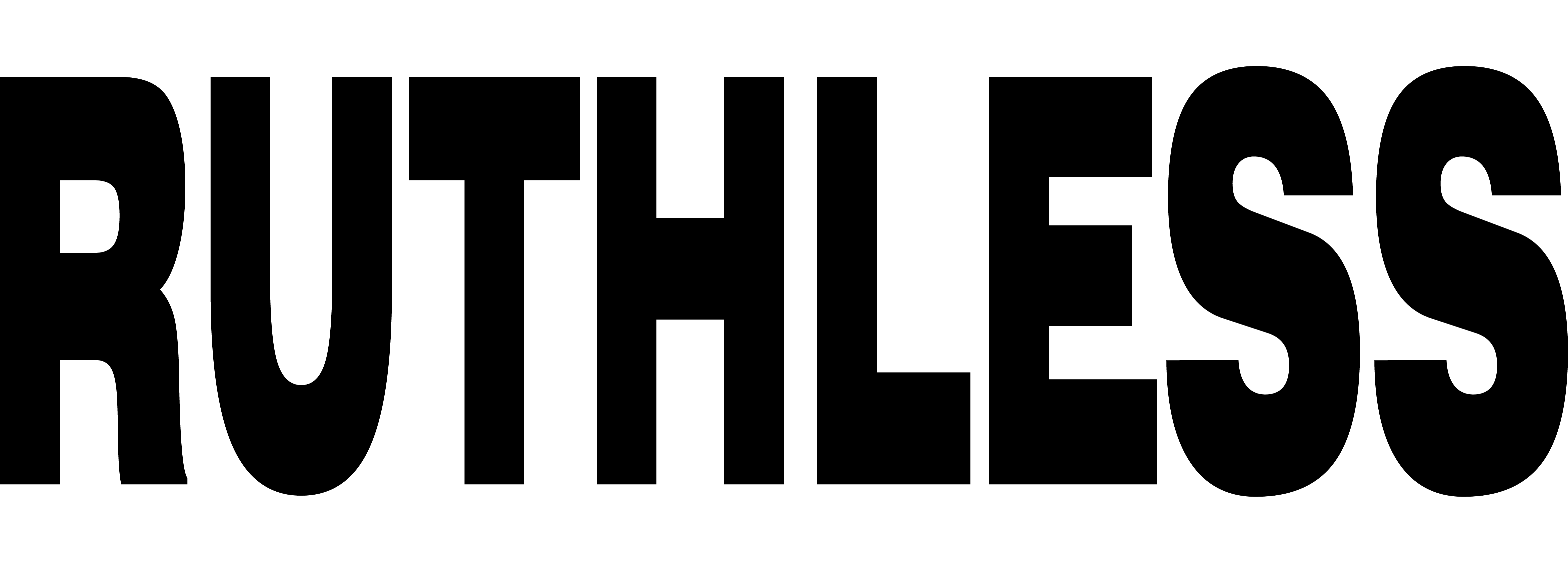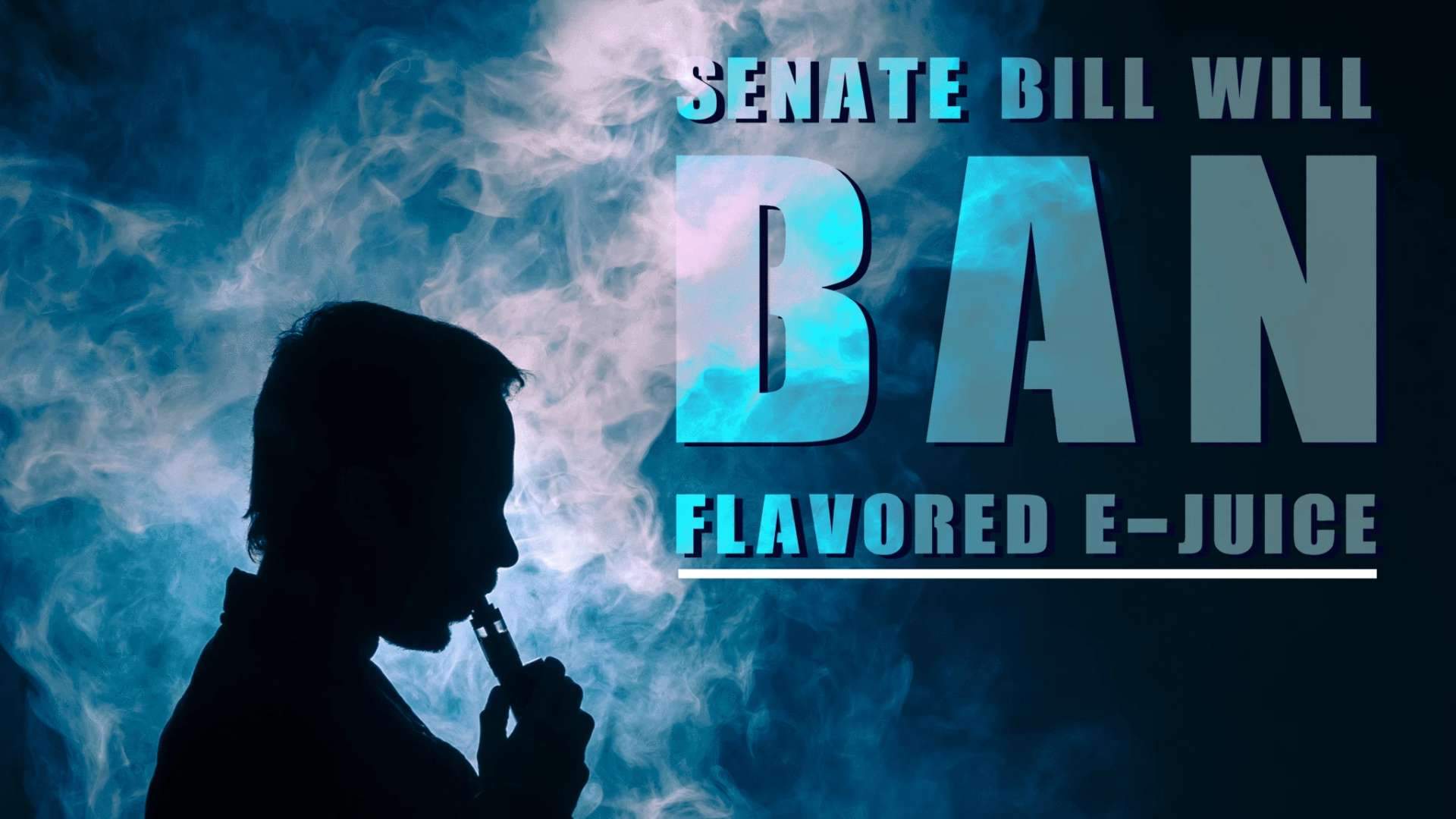WELCOME TO RUTHLESS VAPOR // WELCOME TO RUTHLESS VAPOR // WELCOME TO RUTHLESS VAPOR // WELCOME TO RUTHLESS VAPOR // WELCOME TO RUTHLESS VAPOR // WELCOME TO RUTHLESS VAPOR // WELCOME TO RUTHLESS VAPOR
Senate Bill 38 Will Ban Flavored E-juice
Today we will be discussing a senate bill that could have a great impact on the vape industry. In this post we will go over:
- What the bill entails - with key terms defined
- Who is heading it and who they are
- What are the implications of this on the vape industry
What The Bill Entails
Senate Bills 38 and 39 were introduced on December 3, 2018. Once these bills are passed, it will become a law that will impact retailers around California. “This bill would prohibit a tobacco retailer from selling, offering for sale, or possessing with the intent to sell or offer for sale, a flavored tobacco product.” It would also require vendors to use “conspicuously marked containers and obtain the signature of a person 21 years of age or older” when delivering products. So we will break this down to understand exactly what this bill is trying to achieve.
The Health and Safety Code of California states that any product containing, made, or derived from tobacco or nicotine that is intended for human consumption is a tobacco product. According to the FDA, cigars, cigarettes, dissolvables, hookah tobacco, nicotine gels, pipe tobacco, smokeless tobacco, roll-your-own tobacco and electronic nicotine delivery systems (vapes, e-cigarettes, hookah pens) are all tobacco products. This list is quite extensive, and it must be noted that electronic nicotine delivery systems do not actually use tobacco, but do deliver nicotine therefore are grouped in this category.
Any retailers that earn their income from selling tobacco products will no longer be able to sell flavored products in the physical location or in a vending machine. The definition of flavors according to the California Legislature includes - but is not limited to - the following: “tastes or aromas relating to any fruit, chocolate, vanilla, honey, candy, cocoa, dessert, alcoholic beverage, menthol, mint, wintergreen, herb, or spice.” If at any point between production and sale, a manufacturer, employee or any related agency states to customers that a tobacco product has flavor, it will be illegal to sell it. This rule also extends to the packaging of the products.

Who Is Heading It
California State Senator Jerry Hill is the main author of this bill. He became a senator in 2012 and represents District 13. This district is comprised of cities in Northern California such as Foster City, Los Altos, and San Mateo. He is accompanied by several other Senators and members of the Assembly who have co-authored this bill. In a press release regarding this bill Senator Hill said, “Enticed by fruit, candy and other appealing flavors, high school and middle school students throughout the U.S. are vaping in record numbers.” His goal is to keep all tobacco and nicotine products from the hands of minors. Check out this post on how retailers and parents are saying #No2Minors. With a widespread movement to stop minors from getting these products, this bill is also going to affect small business owners and adults who are trying to avoid combustible tobacco products.

What Does This Mean For The Vape Industry?
Retailers in the tobacco industry thrive on providing the latest in technology, especially if it encourages traditional smokers to move away from tobacco. In an interview with the Sacramento Bee, Senator Hill did note that he is aware that a complete flavor ban would also affect adults, who have been legally purchasing these products. This means that it could be a major setback for those using flavored electronic devices to cut down on traditional smoking.
This flavor ban would also have an impact on California business owners. A number of business owners are anticipating having to close up shop, or are preparing for serious financial consequences, should the bill pass. Doug Shaw, owner of Sanctuary Tobacco in San Luis Obispo, told the Sacramento Bee that he would likely retire if California legislators pass these laws that would ban flavored products. The industry does need to take responsibility for the products they sell, but extremely stringent laws would have negative outcomes for small businesses. California is already a very tough place to start and run a small business. It’s no secret that entrepreneurs in California face many more regulations than other US states.
Ultimately, SB 38 and 39 would have widespread implications on the vape industry. It’s an impending issue that would go into effect this year, should it pass. Will this be a set back in California's progress towards a society free of traditional tobacco? What are your thoughts on these senate bills? Do you know any business owners that might be affected?
References:California Legislation - SB 38 Flavored Tobacco
California Legislation - SB 39 Tobacco products
California Legislation - Health and Safety Code
FDA - Products, Guidance and Regulations
Senate SD 13 - State Lawmakers Introduce Bill to Ban Sales of Flavored E-Cigarettes
Sacramento Bee - Vaping could be banned in California
Forbes - States Where Regulations Harm Small Businesses The Most


